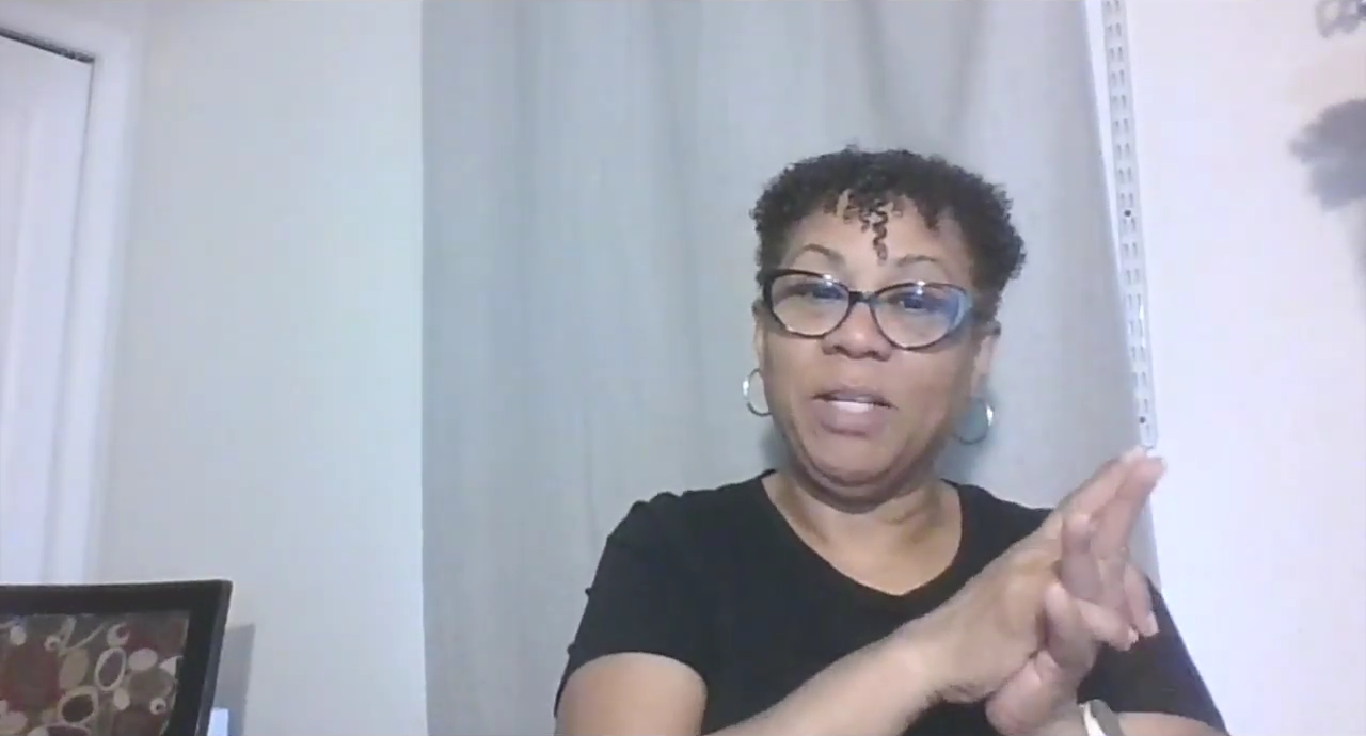Women’s History Month
March is Women’s History Month. Much like Black History Month, Women’s History Month began as a localized week-long event which evolved over time into a national month-long celebration.
Women’s History Month recognizes and honors American women’s achievements and contributions. It began in 1978 in Santa Rosa, California as a local celebration headed by the Education Task Force of the Sonoma County Commission on the Status of Women. The task force selected the week of March 8th to correspond with International Women’s Day and called the event Women’s History Week. The following year, many more communities across the country embraced this celebration and implemented their own Women’s History Week.
In 1987, Congress passed a law designating March as Women’s History Month. Additional congressional resolutions were passed between 1988 and 1994 requesting and authorizing the president to officially recognize March as Women’s History Month, and every president since 1995 has done so.
The theme for this year is “Women Providing Healing, Promoting Hope”, which you can find out more about here.
Fascinating Facts
In honor of Women’s History Month, here are some interesting facts about women in the United States that you may not know about:
-Approximately 71% of women with children under the age of 18 work outside of the home. Compare that to 1975 when only 47% of moms had jobs outside of the household.
-Wyoming Territory was the first place to grant women the right to vote in 1869.
-Although the 19th Amendment of the United States Constitution granted women the right to vote, it didn’t grant that right to all women. There were several laws in place at the time which prevented Black, Latinx, Native American, and Asian women from voting, among others. Because of these discriminatory laws and tactics such as poll taxes and literacy test requirements, women of all races and backgrounds weren’t able to vote until 1965 when President Lyndon B. Johnson signed the Voting Rights Act into law.
-Geraldyn “Jerrie” Cobb was the first woman to pass astronaut testing in 1961, however, she wasn’t allowed to travel to space due to her gender. Nearly 20 years later, Sally Ride traveled into space and died in the tragic explosion of the space shuttle Challenger. It was revealed after her death that she was also the first gay astronaut.
-Women make up 27% of the US Congress.
-Women were not even allowed to get credit cards in their own names until 1974. If a woman wanted a credit card she usually had to bring a man to cosign for her. Thanks to extensive legal work done by the late Justice Ruth Bader Ginsberg, the foundation was laid for the Equal Credit Opportunity Act. Ginsberg also helped bring about many other basic rights women have today, including the ability to attend state-funded schools, protection from pregnancy discrimination at work, and the ability to serve on juries.
-Women make up about 14% of the US Armed Services.
-Former First Lady Eleanor Roosevelt held women-only press conferences in which she spoke about women’s issues to only women reporters.
-Aretha Franklin was the first woman inducted into the Rock and Roll Hall of Fame.
-Madame Marie Curie was the first woman scientist to win the Nobel Prize twice: once in physics in 1903 and once in chemistry in 1911.
-In the 2020 US election Kamala Harris made history by not only being the first woman Vice President in US History but also the first Black woman and first Asian American VP.
If you want to read more about the origins of Women’s History Month, as well as get information on event highlights, celebrations, and virtual events, check out the links below:
https://womenshistorymonth.gov/
https://www.womenshistory.org/womens-history/womens-history-month
“Women belong in all places where decisions are being made. It shouldn’t be that women are the exception.” – Justice Ruth Bader Ginsburg
Try InventoryLab Today
30 Day Free Trial
Save time and money by streamlining your Amazon business. Source, List, Ship, and Analyze all in one place.
Get Started
Comments(0)